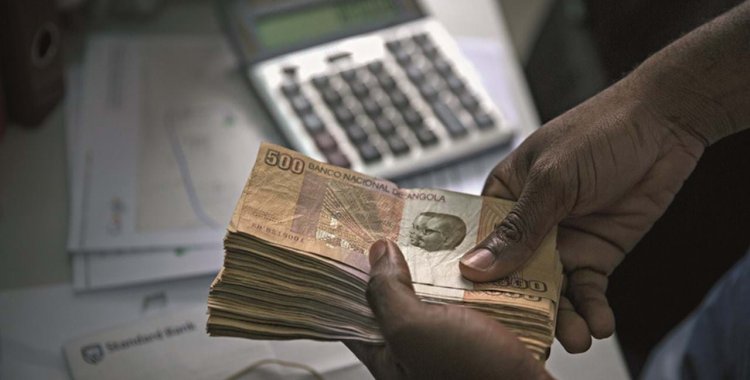"It is difficult to have up-to-date figures on debt payments divided by creditor, but the 2018 figures give a good indication, and suggest that Angola may be one of those that would receive the greatest temporary relief," William Jackson said in a note sent to Lusa.
According to data presented by the consultancy Capital Economics, Angola could 'save' the equivalent of 1.1 percent of GDP if it did not make debt payments this year, taking into account 2018 figures, which are out of date with the debt contracted by Angola in this and in the past.
Capital Economics' analysis follows the decisions taken during the G20 meeting and the International Monetary Fund and World Bank last week regarding a suspension of debt payments for the most indebted countries, which will not be able to channel public spending into containing the covid-19 pandemic, and at the same time the United Nations Conference on Trade and Development (UNCTAD) is proposing a debt relief of one billion dollars.
"The agreement at the G20 to allow low-income economies to suspend debt payments on bilateral loans will be one less thing on the plate of economic challenges for African policy makers, but these plates in the figurative sense remain quite full," the analyst added.
The International Monetary Fund (IMF), says Capital Economics, "has come up with a similar package of debt relief for the obligations of a smaller set of countries towards the Fund, but has so far remained reluctant to join the broader agreement drawn up at the G20.
The problem, William Jackson adds, is that "private creditors, despite appeals, have not yet supported the proposed moratoriums" by these international organizations, which, if they did, "would mainly benefit Angola, followed by Ghana, Ethiopia, Kenya and Nigeria".
Zambia is already trying to restructure its debt without IMF support, "and other countries may see the IMF calling for debt restructuring as part of the financial assistance package, with Angola most likely falling into this category, but the troublesome debt alerts are already in the red in Ghana and Ethiopia too".







